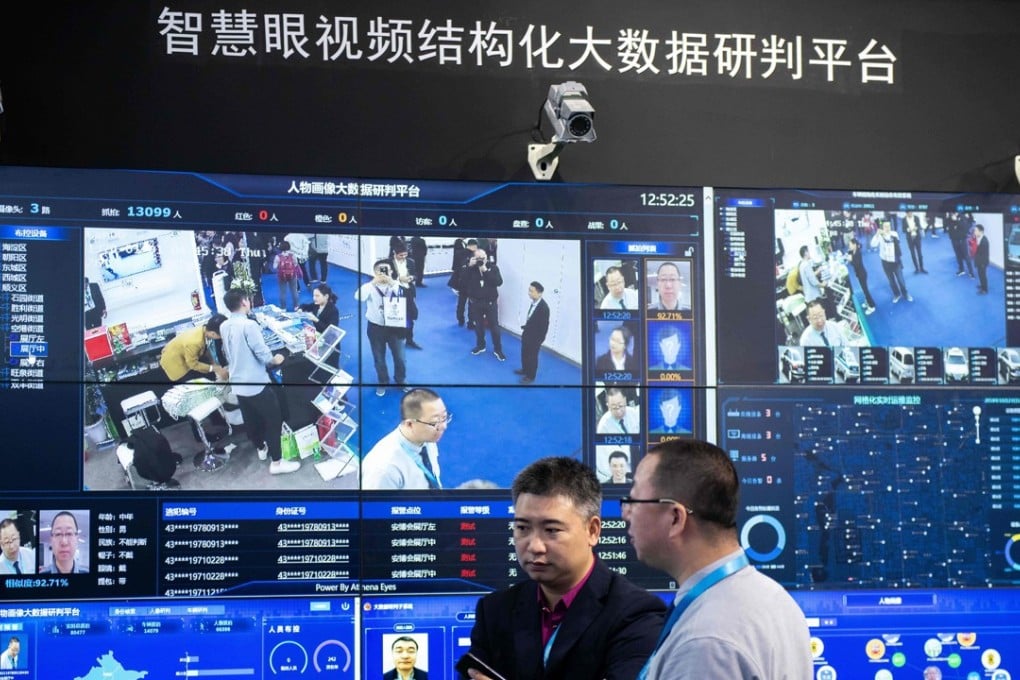Focus remains on US, China race for AI supremacy at Fortune tech event as investors eye future winners
- China and the US remain locked in a battle to develop AI applications despite the two countries agreeing a temporary trade war truce at the weekend

Competition between China and the US in artificial intelligence took centre stage at the Fortune Global Tech Forum in Guangzhou last week, as the world’s two biggest economies remain locked in a battle to develop AI applications to solve real world problems.
“(Big companies) will benefit from a virtuous cycle of getting more data, better AI and therefore a better product that makes more money, and then they get an even larger market,” said Lee Kai-fu, chairman and CEO of Sinovation Ventures, in a speech via Skype at the conference on Thursday.
“So the Chinese companies will grow inside China and later outside China and the US companies will continue to expand their territories. Other countries are standing still relatively, so the wealth shift is one thing that is happening,” said Lee, speaking before the US and China agreed a temporary trade war truce at the weekend G20 meeting in Argentina.
AI has assumed a key role in Beijing’s Made in China 2025 master plan, which promises to lift the country’s industries – from robotics and aerospace to new materials and new energy vehicles – up the value chain, replacing imports with local products and building global champions able to take on Western giants in cutting-edge technologies. AI became an important pillar of the plan in 2017.
“It’s time for the US and China to think about their leadership roles to help the world move forward, but also for each country to start mapping their approach,” said Lee, noting continued wealth accumulation in both markets. The global race will depend on who can implement AI technology faster and better, rather than the invention of it, and China’s huge population will be a key advantage to achieve better implementation, said Lee.
Yang Yuanqing, chairman and CEO of Lenovo, echoed Lee’s remark on China’s strengths while acknowledging the gap between the US and China currently.